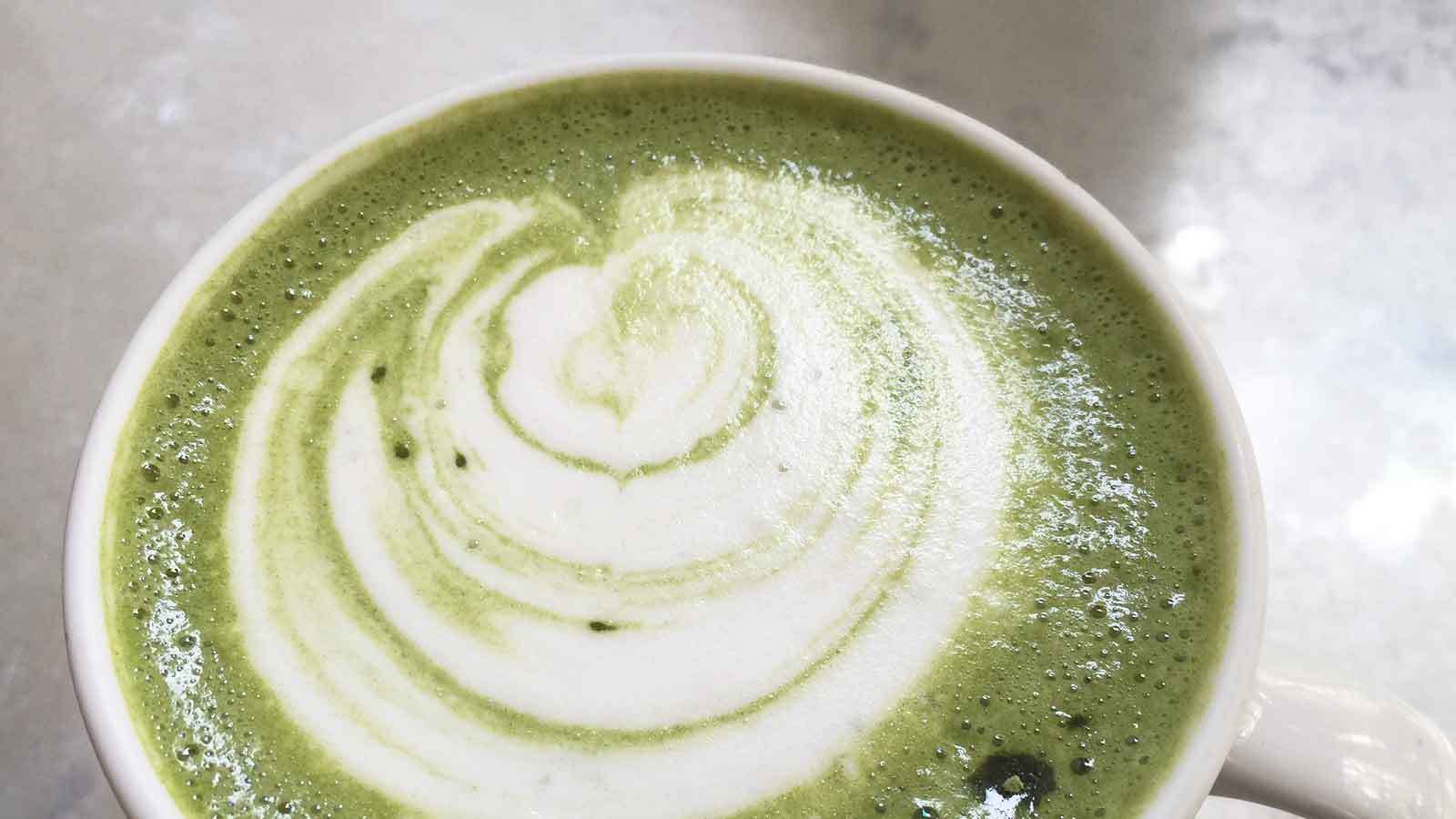You may have seen many ads for "The best green tea weight loss system" or "Detox green tea weight loss". There are so many of these claims for Oolong tea health benefits that they are hard to avoid, especially on the internet. But are they true or false? We have done the research on the topic and we’ll answer that for you here.
What is Oolong tea?
Is Oolong tea the same as green tea? Well, not quite. Oolong tea is also made from the same tea leaves, buds, and stems of the Camellia sinensis plant, which is the scientific name for the tea plant that green tea and black tea come from.
The difference between Oolong, green tea, and black tea is in the fermenting and processing of the tea leaf.
Green tea is unfermented, Oolong tea is partially fermented, and black tea is fully fermented. So yes, Oolong tea is a different type of tea, just like green or black tea.
Ti Guan Yin slimming Oolong is a very popular Oolong tea often taken to help with weight loss
Are there antioxidants in Oolong tea?
A type of antioxidants called catechins is found in the greatest abundance in the leaves of the tea plant. In much smaller amounts, they also exist in other foods such as red wine, chocolate, berries, and even apples. Their health benefits have been under close examination since the 1990s, due to the strong association of tea with long life and health in many ancient cultures.
Much of the research that has come out, has pointed to the metabolism enhancing properties of catechins.
The varieties of cathecins that are found in the leaves of the tea plant are also known as catechin polyphenols. They are part of a molecular family called flavonoids. This means they are not essential for the growth of the plant, but are important for its good health. They are part of the biology of the plant that is there to inherently help the plant improve its own health.
What does the research say about Oolong tea health benefits?
We have researched the most popular Oolong tea health benefits and green tea health benefits. Here's what we've found:
Milk Oolong is a special type of oolong that naturally tastes milky. It is regarded as a specialty oolong tea.
To prevent and help fight cancer growth
Although laboratory studies show an anti-cancer effect in certain animals and in lab conditions, the few clinical trials that have been done and population surveys showed mixed results. A number of studies in China have suggested that high intake may protect against cancers of the colon and stomach. There may be some benefits of certain green tea polyphenols with lymphatic leukaemia, but not with colon cancer, indicate some trials. Are the results absolute? No. Do they indicate a possibility in certain cases? Yes.
To lower cholesterol and prevent heart disease
One clinical trial showed that a theaflavin-enriched green tea extract can be used with other dietary approaches to lower certain type of cholesterol. Other studies report no effects on lipo-protein oxidation (contributes to atherosclerosis). Are there results conclusive and absolute on their own? Well, no.
To improve mental functioning; for clear thinking
Studies show that the natural levels of caffeine in the tea leaf may stimulate the nervous system.
To lower high blood pressure
Studies show a reduction in the risk of developing high blood pressure. Green tea is often prescribed in China to help with hypertension, high blood pressure, and to even positively affect mood. There are several scientific studies supporting that.
Ti Guan Yin Oolong with Goji berry is one of our favorites with amazing natural sweetness. Excellent hot or iced!
To prevent tooth decay
Laboratory studies show that green tea may prevent bacteria from attaching to teeth. This use has not been tested in clinical trials so there isn't evidence to back up the claim.
To increase water loss (as a diuretic)
No studies support this use. However, traditional Chinese and Indian Ayurvedic medicine generally accepts this claim.
To loose weight
Clinical studies suggest that green tea extract may boost metabolism and even help to burn fat as a result. One study found that the combination of green tea and caffeine improved weight loss and maintenance in people who were overweight and moderately obese. However, other studies show no benefit. And there is only one study that specifically said green tea can help with weight loss. Oolong tea is also partly fermented, and is said to contain slightly processed polyphenols, and there are no specific studies that we have found for the effects of Oolong tea on weight management.
The verdict: does Oolong tea help with weight loss?
So, it seems like Oolong tea health benefits are real. But will drinking lots of Oolong tea make you skinny? Well, we have good news and we have bad news.
The good news is that if you are drinking it without added sugars or sweeteners, and using it to replace sugary drinks or juices, and having plenty of it every day for a long period of time, possibly-YES. It does have certain health benefits, and when used as a regular part of your diet, can help you manage weight and improve overall health.
But if you will have it now and then, or expect it to be the miracle fast weight loss system that some people claim it to be on its own, and to give rapid weight loss results by ingesting massive amounts of Oolong tea or green tea extract in a short period of time, well don’t expect much from that. That’s the bad news.
Data sources and research credits : memorial Sloan Kettering Cancer center, University of Maryland Medical center website study on green tea, and WebMd
Up next: How to make loose-leaf tea
Formosa Oolong is a specialty Oolong loose leaf tea from Taiwan. Taiwan is famous for growing some of the highest quality of Oolong teas.






Leave a comment
This site is protected by hCaptcha and the hCaptcha Privacy Policy and Terms of Service apply.